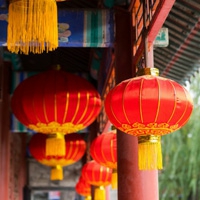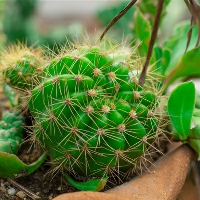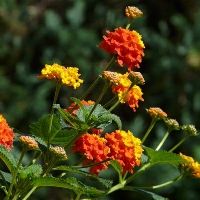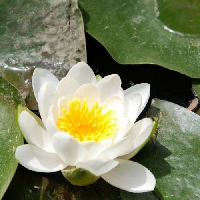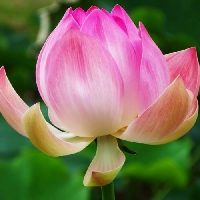1. The pronunciation of "Nan" is n ǎ n, the third tone.
2. The basic meaning of the word "Nan" is blushing because of shame. The words "Nan Ran", "Nan shame", and "Nan" in "Nan" all mean this.
3. And the word "Nan" in "King Nan of Zhou" naturally means the same thing.
4. During the reign of King Nan of Zhou, there was little power left in his hands. He had no name of the emperor, but he lived a miserable life in private.
5. He saw all the faces of the princes, but he could not resist the increasingly powerful Qin State, and he could not keep the foundation of his ancestors. He even "built up debt", becoming the "poorest emperor" in history.
6. He was still anxious to maintain the last glory of the Zhou Dynasty. However, he ended up angry and the Zhou Dynasty was also destroyed.
7. The word "Nan" probably has his shame of not having the face to see his ancestors.
